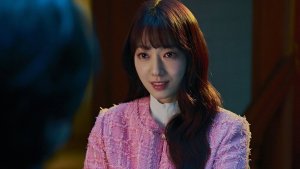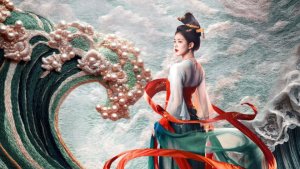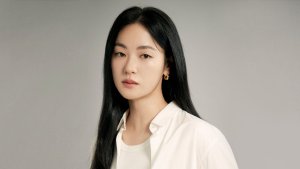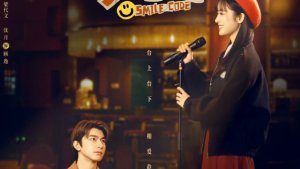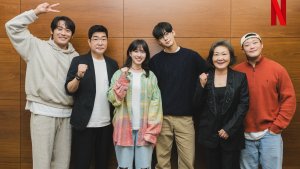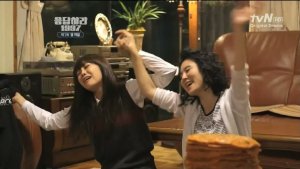 Back to the Addiction
Back to the Addiction
Disclaimer: the article contains minor spoilers and a grain of irony that I hope you're going to forgive me for.
“Popular feeling is very often sentimental, muddle-headed, and eminently unsound, but it cannot be disregarded for all that.” Agatha Christie |
My life as a drama watcher constantly fluctuates from heights of enthusiasm - often bordering on crazy obsession - to flat planes of boredom, where I walk at a snail pace through the list of yet to watch shows with no real will or patience to immerse in any of them. When the latter happens, I usually find solace on familiar ground, in other words by re-watching a drama I liked.
One of the most mundane and surprising choices for me falls on Hana Yori Dango.
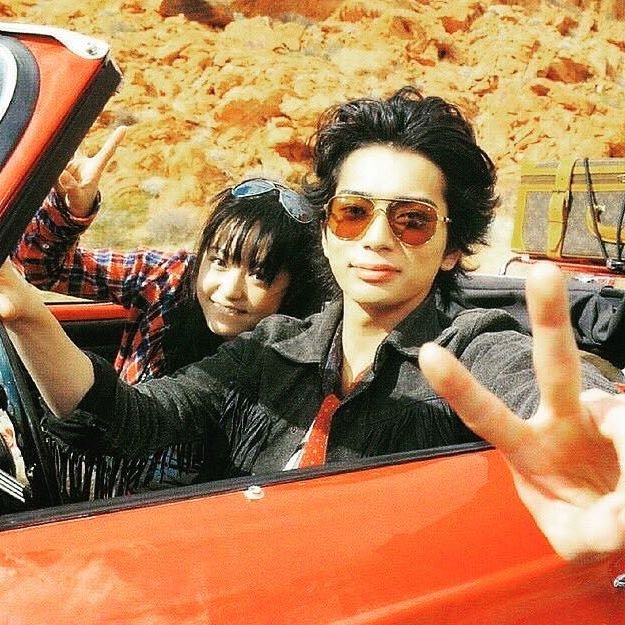
Not only I've just completed my… 3rd marathon of seasons 1 and 2 of the popular Japanese drama, but I even have the guts to be trying my luck (or my brain functionality) with its newest Chinese adaptation, which is as stonily acted and shiver-inducingly dubbed as it is strangely addictive.
Were I alone in my predicament, I would simply ascribe the phenomenon to my occasionally dubious taste, but there's no denying the fact that this story is super popular among a lot of viewers from different countries, backgrounds and age groups, has been done and re-done multiple times and no matter the version, it never fails to stir discussions and at times, heated debate.
At this point, the question is almost inevitable: why is this so popular? What makes it so beloved, to the point that even after a dozen adaptations - or somewhere around there- there are still people like me who are willing to invest hours in watching something whose plot has been chewed, swallowed, digested and expelled many times over?
At first sight, this plot is nothing more or newer than the nth Cinderella story: average girl meets rich guy who falls madly - literally so - in love with her. Obstacles of various kind are thrown in their path, but true love prevails in the end. Can you think of anything triter than this?
That's not all; the abovementioned obstacles reach a level of surrealism and cliché that should make us all cringe on our seats: ridiculous kidnappings, amnesia, the infamous "my-lips-fell-by-mistake-on-yours" kiss (as if lips possessed a will of their own to fall into, onto or out of places), evil moms offering huge sums of money to get rid of the troublesome damsel, princely mansions all inhabited by super cool, gorgeous looking, filthy rich and yet SINGLE young men… The list could go on, but I promised only minor spoilers.
However, as cliché and impossible as it actually is, this plot works. Always. Why?
Here I venture my first speculation: it works because it is implausible and unreal.
If this story had any pretense at being a slice of real life, most of us would probably find it the exact opposite of romantic: what, falling for a jerk who punches people for fun, bullies you, has disquieting stalking tendencies, a psycho mother and is likely to put you in innumerable risky situations? No way.
But since we are confronted with all these over the top scenarios, we are constantly reminded this is pure fiction, hence freed from any politically correct scruples.
On a mere narrative level, the love story works precisely because it pars an arrogant jerk with an untamed simple girl. She wins him over with her stubborn courage, and in so doing she defeats a whole corrupted system. Far from advertising a sick sort of love, this story teaches the viewer resilience and pride. It makes sense, because Makino/Chancai/JanDee does not fall for the bully, but for the much gentler guy he becomes in order to please her.
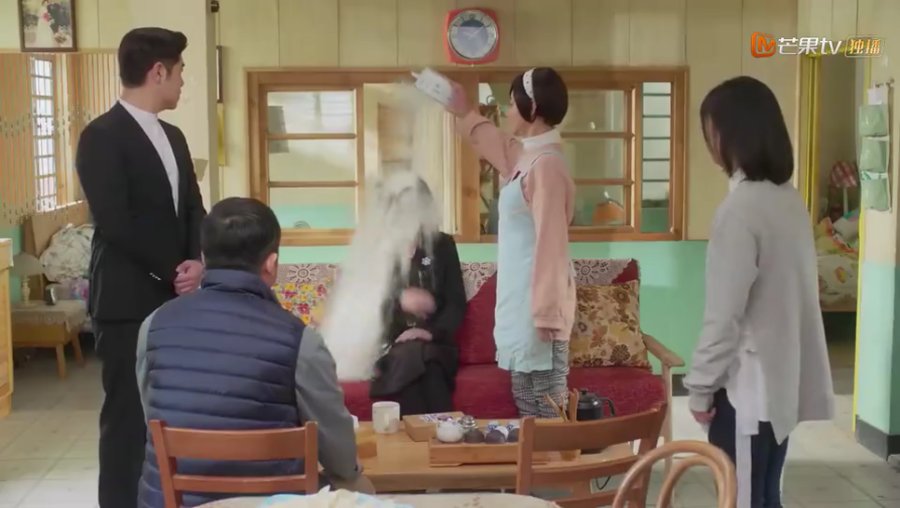
And shall we talk about the best unlucky first date ever appeared on screen? I’m certain no one would love to be trapped in an elevator for the whole night, let alone try to climb out and ruinously fall back into it, but fictionally it’s at the same time funny, sweet and romantic.
All the drama events follow one another at such a fast pace that there’s no room for boredom. We can scratch our heads for the whole duration of the show, but we still sit and watch what’s going to happen next. Even those who didn't and don't like it - and there are enough anti-fans of it to not be considered an exception - still watched it to completion at least once for the most part.
Now, while it is true that all versions of Hana Yori Dango, aka Meteor Garden, aka Boys Before Flowers are based upon the same premise, the plot isn't exactly the same in all adaptations.
| “Most consumers are simultaneously neophilic, curious to discover new things, and deeply neophobic, afraid of anything that is too new. The best hit makers are gifted at creating moments of meaning by marrying new and old, anxiety and understanding. They are architects of familiar surprises.” Derek Thompson |
It being an old story retold every time in a slightly new way may be part of its success too. I've read comments like "oh my, here comes the hated amnesia part", or "let's hope they haven't included scene x this time". So, I assume most viewers who embark on a new adaptation, hope for changes on a familiar setting: original in its form, well-known and safe in its substance.
Which also reminds me I haven't yet explained the title of this article. Most of you already know it, but Hana Yori Dango, literally means "Dumplings rather than flowers", that is preferring substance to form. In a brief scene of HYD 2, Makino tells her mother that Domyouji is a "hana yori dango type of person", which is a double pun, since F4 stands for "4 flowers" and Makino and her best friend work at a Dango shop. This also explains why I've always thought the alternative title "Boys Over or Before Flowers" to be silly and ultimately nonsensical.
The characters are another good reason at the bottom of its popularity.
Makino Tsukushi, that is the 2005 Japanese variation of the main female character, will always be my favourite among the lot.
She is generous without being weak, pigheaded but not unreasonable, proud but ready to admit her own mistakes. She’s a kickass heroine who fights for her rights and those of the people she loves. Taiwanese Chancai has tons of courage too, but she’s so indecisive about her feelings for so long, the viewer needs to be armed with a lot of patience to fully enjoy her arc; Jan Dee whines too much for my taste and the latest Chinese Chancai even hurls a flying kick in the face of a guy who, by then, hasn’t been evil enough to earn it, hence defeating the purpose.
The existence of a hero/ine is justified by that of a villain. The more villainous the bad guys are, the more heroic become their opponents. This is possibly why his being a jerk is a narrative necessity, rather than a questionable trait: it highlights Makino's courage. We are willing to tolerate Doumyoji’s initial meanness for the satisfaction of seeing him defeated and eventually turned into a tamed pet.
While in real life people’s true nature is very unlikely to ever change, in literature the trope bad guy changed by love is as trite as it is successful. There seems to be something timeless in the idea that a man were willing to give up everything, including his bad behaviour, to be loved by the woman he's crazy about.
In all fairness, it must be said that our male hero possesses a few traits which are deliciously endearing. He’s disgustingly rich but makes no secret whatsoever to having fallen for a poor, extremely unpopular girl. He would shout it from the top of the roof, if necessary. How do you resist a man who considers your home baked cookies the best gift he’s ever received in his life? Also, unlike many other Asian characters, he’s more than willing to go against his mother dictates. He doesn’t abide to the rules of society, which are often meaner and a lot more prejudiced than his own bravados. We should not forget that while he’s the leader of F4, the rest of the school, teachers included, are a bunch of bullying cowards, which begs the question: who’s worse?
But I’m digressing.
It goes without saying that part of this drama success is due to the choice of handsome male actors. Let’s face it, it never hurts to have the eye-candy factor thrown into the mix. There’s actually material for all tastes.
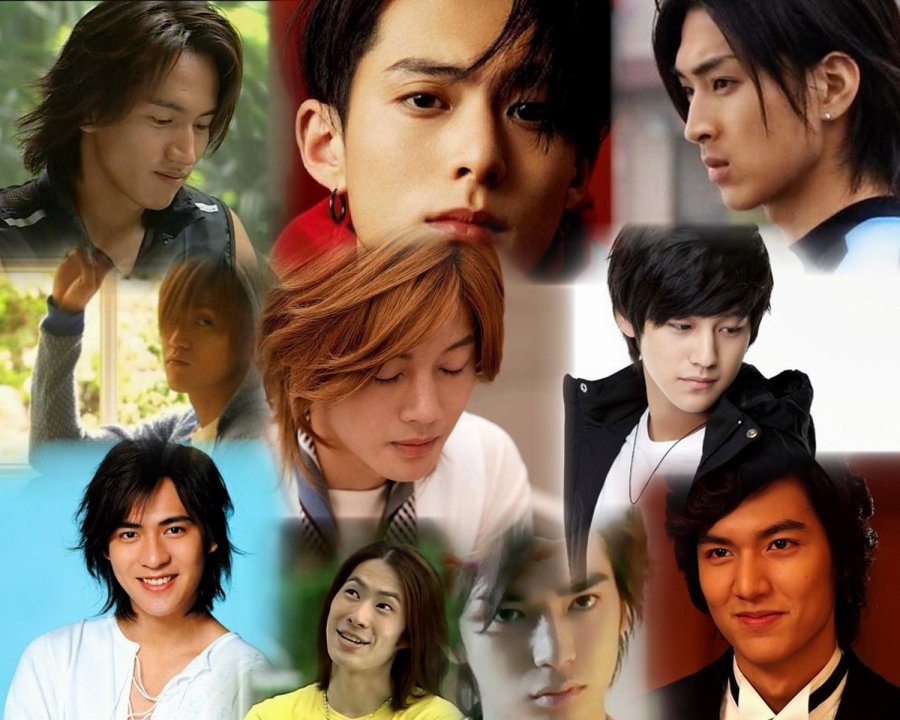
True, look alone cannot possibly sustain a long drama, but it certainly explains part of its allure and addictive nature when, quality-wise, the show's nothing more than a long fan service. I may just as well confess that one of the main reasons why I keep on watching Meteor Garden 2018 despite my finding it lame on many levels, is Daoming Si’s hairdo.
Isn’t it fabulous? I’m willing to forgive the collective unripe acting skills, along with the occasionally horrendous choice of trousers, for a glimpse of those tufts, adorned with beads, no less!. And it’s no surprise that the drama took a descending turn the moment he started combing it. Humph.
Directly related to the male characters, their brotherhood - or bromance, as many like to term male friendship - is a sure winning card. Raise your hand if you haven't enjoyed F4's brawl, ending with all four on the pavement, bruised, panting and laughing. It almost tops any shower scene in terms of frolicking testosterone.
Obviously there must be many other reasons for its popularity - one being that many have this show listed under their first Asian drama experience, and who can ever forget first love, even if it was only a hormone-driven, fickle , I-don’t-know-better-yet crush?
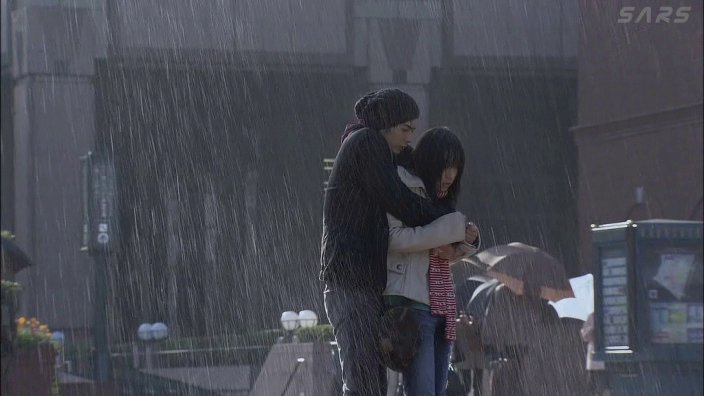
You’re welcome to join, add, oppose, laugh, disagree...
“Quality, it seems, is a necessary, but insufficient attribute for success.” Derek Thompson |



